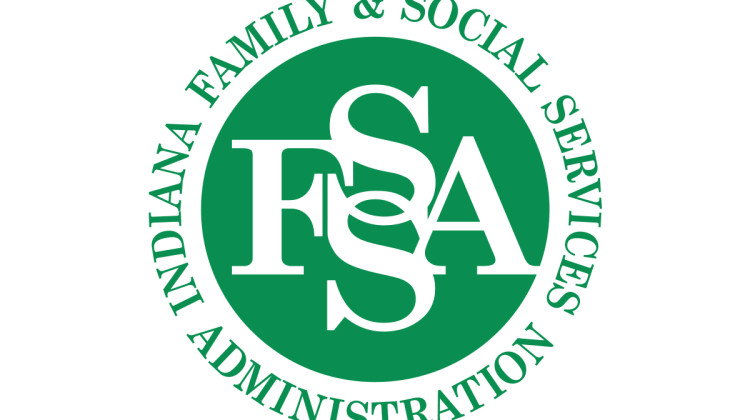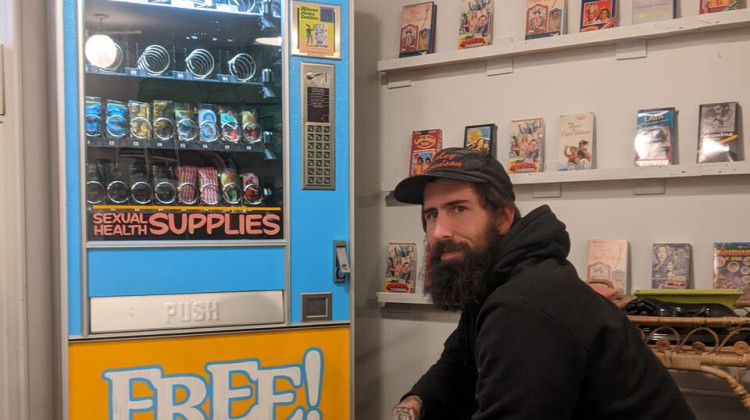
Last week, the Indiana Family and Social Services Administration upped its proposed hourly rate for Applied Behavior Analysis therapy to $68 after receiving feedback to its initial proposal of $55. FSSA said implementation of a minimum fee schedule will increase rate alignment across ABA providers.
Courtesy of Indiana Family and Social Services AdministrationParents of children with autism and providers have concerns that a common behavioral treatment for people with autism could be at risk due to a new proposed Medicaid rate. Some parents and providers say the updated rate isn’t enough to cover the cost.
Last week, the Indiana Family and Social Services Administration upped its proposed hourly rate for applied behavior analysis therapy to $68 after receiving feedback to its initial proposal of $55. FSSA said implementation of a minimum fee schedule will increase rate alignment across ABA providers.
Jason Shaw is the president of the Indiana Providers of Effective Autism Treatment — or InPEAT — and owns Child’s Play Plus, an ABA therapy center. He said InPEAT supports establishing a fee schedule or fee table. However, Shaw said the state is asking providers to take a rate that doesn’t support the cost to provide ABA therapy.
“Anytime we look at reducing costs, one of the biggest concerns that I have, as a clinician, is there are now going to be certain patients that you can no longer help because those patients require more resources,” Shaw said.
Shaw said providers don’t have a lot of options when it comes to reducing costs.
“You have to still have the people,” Shaw said. “You still to have the quality people. You still have to be able to afford the people with the degrees necessary in the job markets with the wage pressures that we're currently experiencing across all industries. You have to be able to buy supplies for kids that need these therapies.”
FSSA said the goal is to establish transparent rates that “should cover the cost of providing the service plus a reasonable overhead.” The average hourly cost of ABA therapy is $91, according to FSSA’s provider survey.
Join the conversation and sign up for the Indiana Two-Way. Text "Indiana" to 73224. Your comments and questions in response to our weekly text help us find the answers you need on statewide issues.
Shaw said this could lead to the loss of providers and access for patients. He said many parents of children with autism are concerned that this could take away access to important care.
Rob Wilson is a single father of four. He said ABA therapy has helped his daughter, Olivia, learn skills that allow her to be more independent, but this proposed Medicaid rate puts their access to care at risk.
“I just want her to be happy and be able to enjoy family,” Wilson said. “And without the ABA therapy, I truly believe it's going to be harder for her just to be a happy young adult.”
Wilson said he has had to fight for his daughter’s care in the past, and he is prepared to keep advocating for her.
Shaw said that FSSA did give providers the 90-day warning they requested which gives providers the time to adjust. FSSA plans to implement the fee schedule in January.
Abigail is our health reporter. Contact them at aruhman@wboi.org.
9(MDAyMzk1MzA4MDE2MjY3OTY1MjM5ZDJjYQ000))
 DONATE
DONATE








 View More Programs
View More Programs

 Support WFYI. We can't do it without you.
Support WFYI. We can't do it without you.